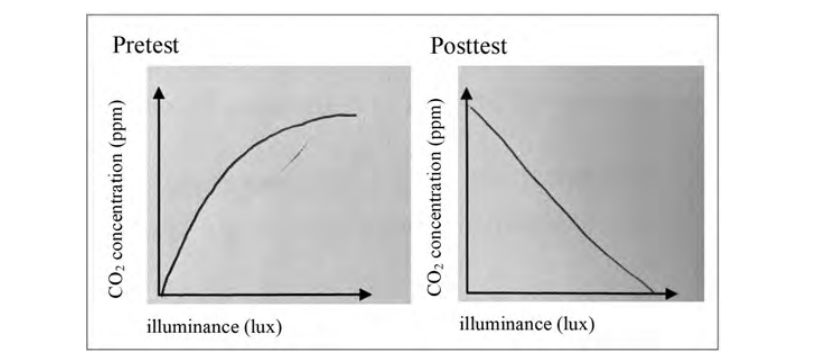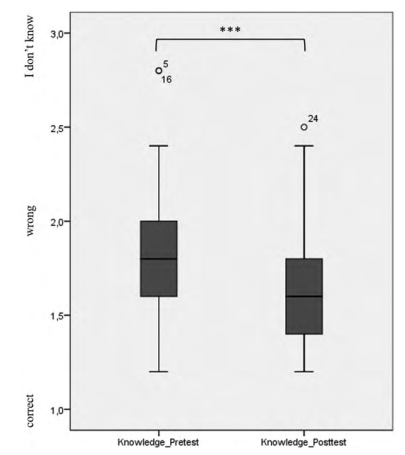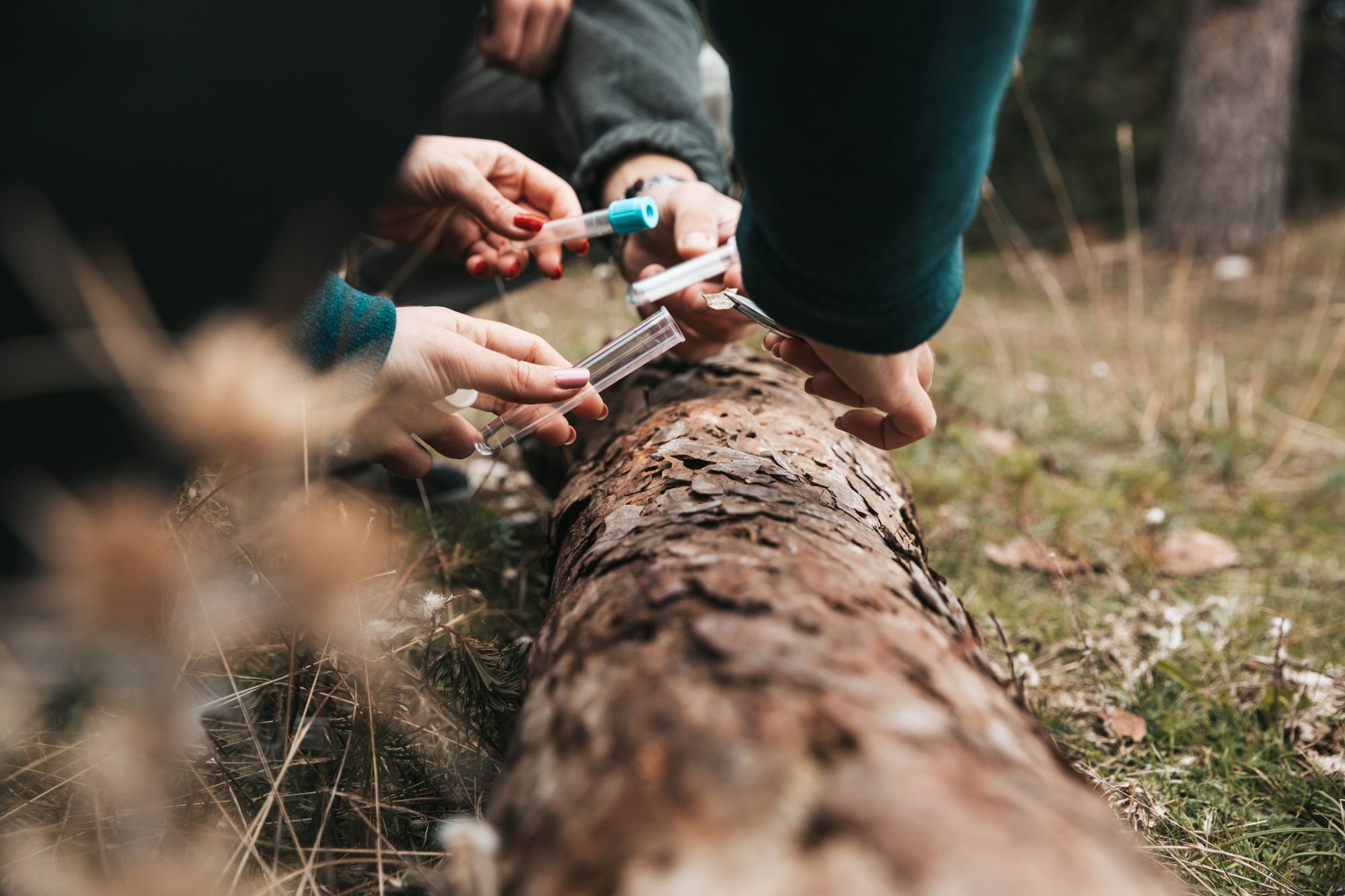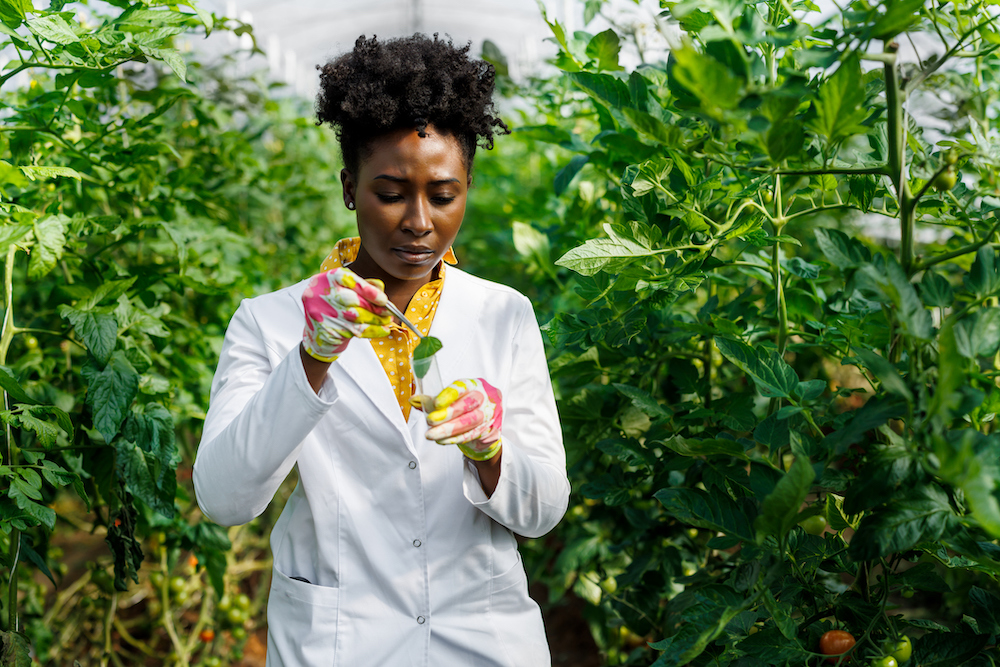PASCO Sensors Chosen for a Ecological Case Study
Researchers evaluated high school ecology students using PASCO sensors to determine the effectiveness of wireless technology for learning.

Overview
PASCO sensors were chosen for a case study in Germany that investigated the effectiveness of wireless sensors for scientific learning in the subject of high school ecology.
| We tested wireless sensor systems from different manufacturers and chose PASCO scientific – Science Lab Equipment & Teacher Resources, an American manufacturer that provides products for science education. We chose PASCO for reasons of handling, robustness of the equipment, and availability of the app in German. |
We’re pleased to learn the results of this study, which found that overall, students enjoyed the assignment and “experiments and measurements with the wireless sensors had been successful and students have used the right tools to analyze their data in the corresponding app.” Additionally, the results of the study found highly significant learning gains (P < 0.001) based on a Wilcoxon ranks test, which “indicated that participants’ skills of visualizing data correlations in a chart template were significantly higher having collected and processed data by themselves in the teaching unit compared to before.”
 |
 |
The image on the left shows an example of a student-drawn graph that is incorrect in the pretest, and the same student's correct graph in the posttest. The image on the right shows a measurable increase in student knowledge after completing the experiment using PASCO Wireless Sensors.
| We found that our practical approach not only leads to high learning gains combined with learning enjoyment, a feeling of competence, and little perceived pressure but also improves students’ understanding of scientific data. |
The Study
This is a case study that examines the effectiveness of utilizing wireless sensors for data collection in ecology classes as well as student satisfaction in regards to a technology-based approach. The study involved 67 students between the ages of 16 and 19 in German school settings, and simple experimental designs were chosen to aim the focus on using the data collection equipment. Overall, the study found “high learning gains combined with learning enjoyment, a feeling of competence, and little perceived pressure but also improves students’ understanding of scientific data.”
The lesson plan chosen for this study is part of WinUM 2.0 (the authors’ research and development project focusing on innovative teaching methods) and is titled, “Environmental Factors and Climate Change.” It includes four different experiments using wireless sensors in the classroom, as follows:
- Quantitative CO2 concentrations (CO2 sensor)
- Effects of CO2 on the pH value of water (CO2 sensor, pH sensor)
- Effects of temperature on photosynthesis (CO2 sensor, temperature sensor)
- Effects of light on photosynthesis (CO2 sensor, light sensor)
(To view all PASCO Wireless Sensors including the ones listed above, visit our Wireless Sensors Product Page!)
Students in the study were organized into small groups and assigned one of the four experiments. Their goal was to fulfill the task of their experiment with the corresponding PASCO wireless sensor (or sensors) and mobile SPARKvue application. Students were instructed to take a pre-test and post-test in order to evaluate their perception of using the technology for classroom experimentation, as well as answer a questionnaire on environmental factors and climate change so learning gain could be measured.
| The teaching unit presented in this study lays the foundation for students to be able to collect and analyze data outdoors in the real ecosystem using the convenient and wireless equipment as they have already practiced handling the equipment and analyzing the data during the classroom experiments. |
Why Ecology?
Ecology is the branch of biology that studies the interrelationship between organisms in their environment, with the “environment” ranging from a single tree to an entire continent; the breadth of this discipline requires extensive monitoring and data collection.

As scientists, it’s important for data to accurately represent what’s happening in the real world, so ecologists aim to avoid disrupting the habitat they’re researching. Sitting in a field for hours observing one’s surroundings isn’t reliable (nor practical) for obtaining useful data, as humans can potentially scare their research subject into hiding; plus, ecological studies can cover large scales of land and include dangerous or remote areas with limited human access. Setting up wireless sensors with advanced logging capability solves the issue of frequent visits to field sites to collect data or check devices at various time points, leaving the environment as unaffected as possible.
| Our [wireless] approach can equally be integrated into school settings around the globe as the environmental content discussed is equally important to students all over the world and the technical equipment we used is available in more than 100 countries and provides various language settings. |
Understanding ecology is critical to understanding the health of our warming planet, distinguishing between anthropogenic and natural components of habitat loss, and conserving the ecosystems that remain. “Earlier studies conducted in science classes already established that both field trips to real local ecosystems and hands-on materials in school settings equally influence students’ learning motivation positively and provide them consequently with high learning gains (Albedyll et al., 2017; Sieg & Dreesmann, 2022).”

Incorporating wireless sensors into ecological investigations allows students to monitor environmental changes in real time, giving them the opportunity to visualize the connections between variables such as climate and plant physiology.
To read the full study, follow this link!
Source:
Becker, L., & Dreesmann, D. C., Ecology Lessons 2.0 – A wireless approach: The impact of using wireless sensors and mobile devices in ecology instruction. National Association of Biology Teachers (Volume 86, NO. 1, January 2024). https://nabt.org/files/galleries/ABT_Online_Jan2024.pdf

